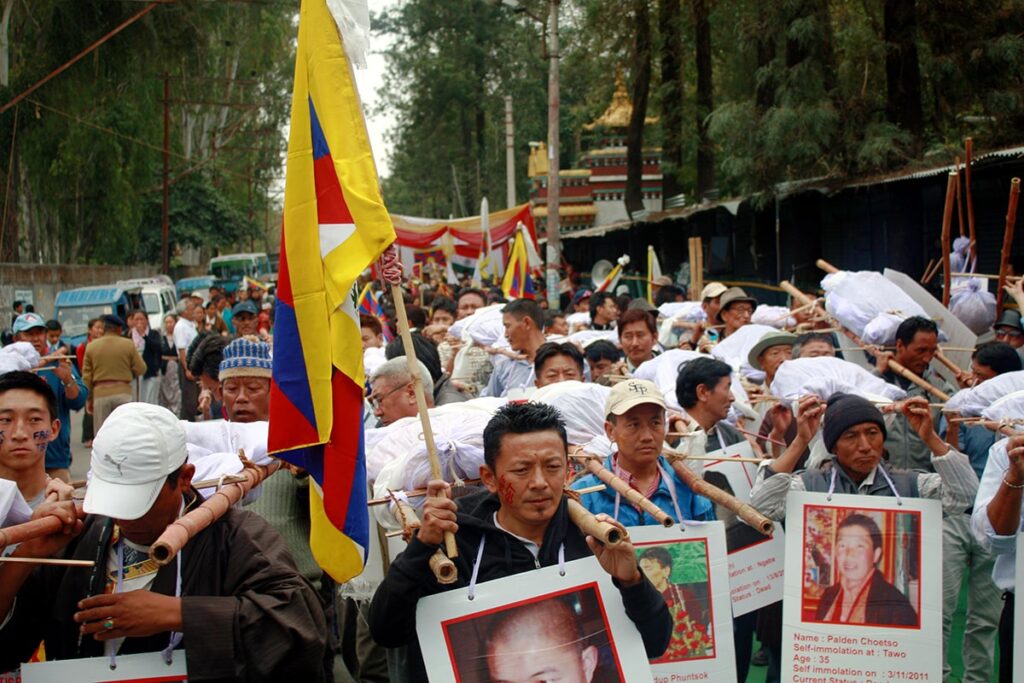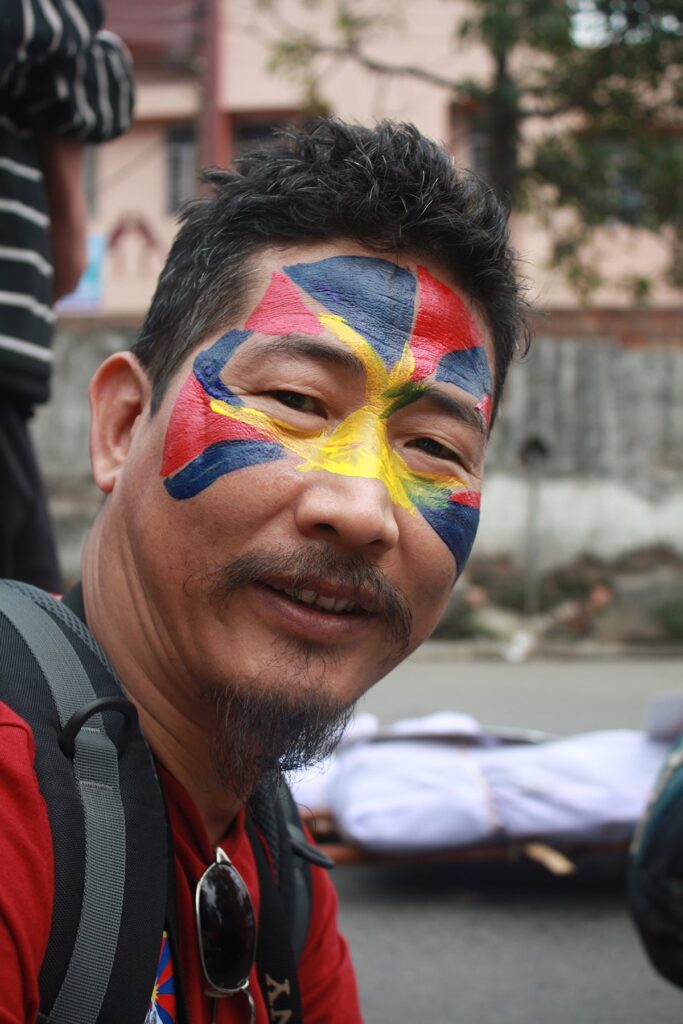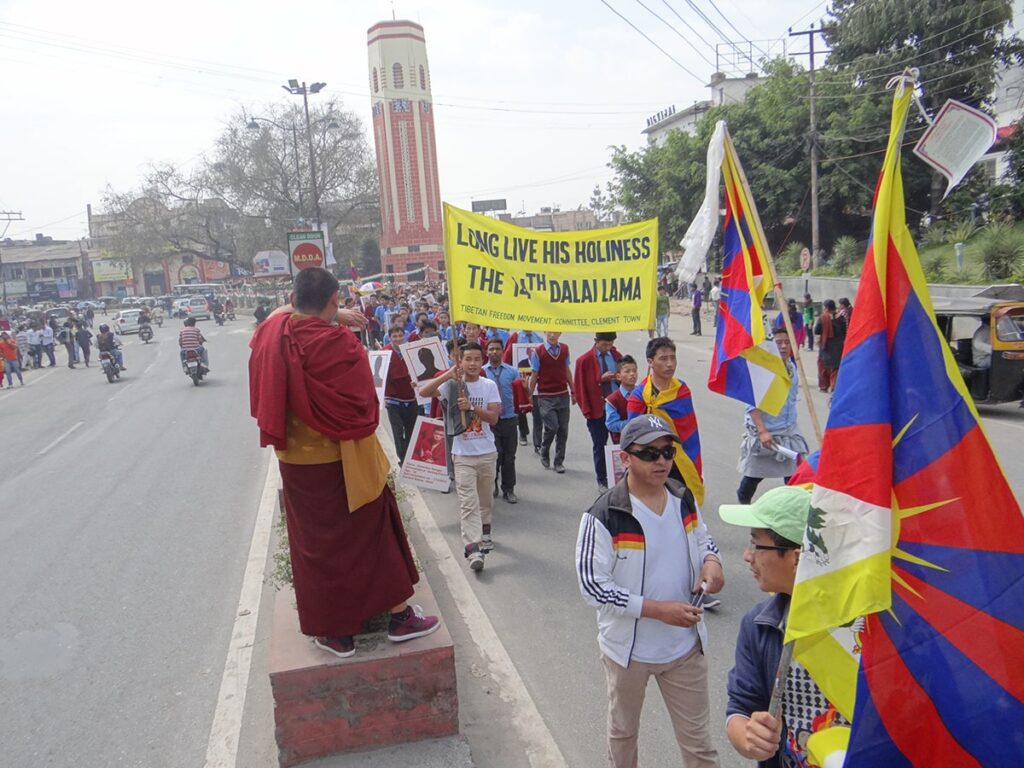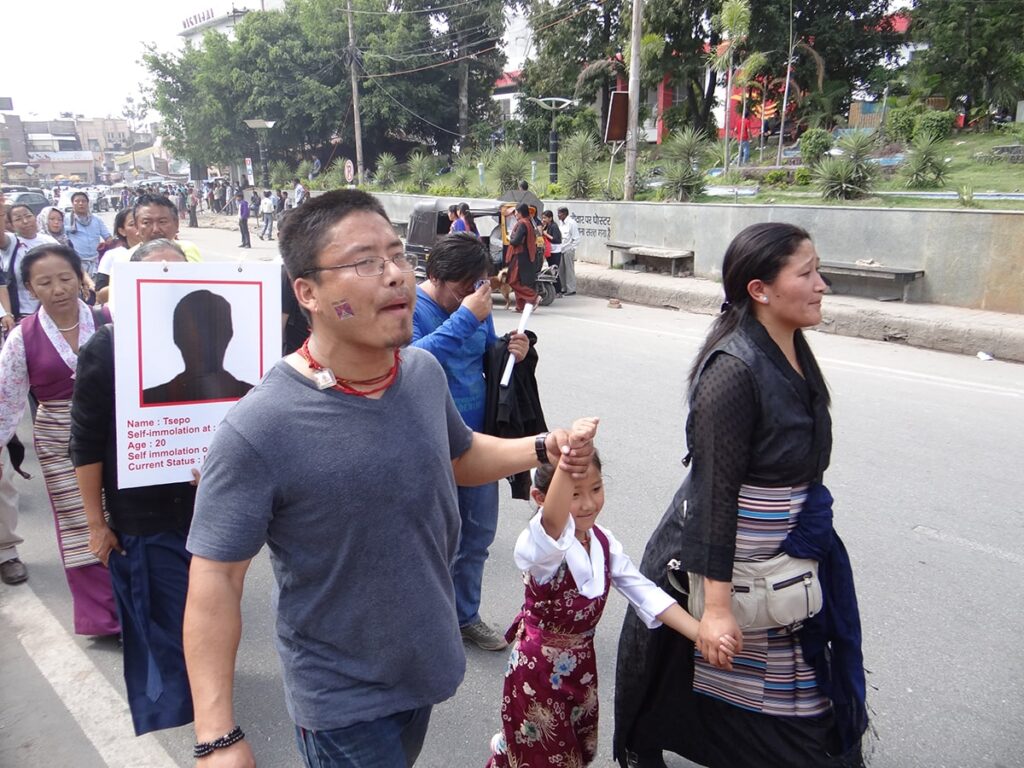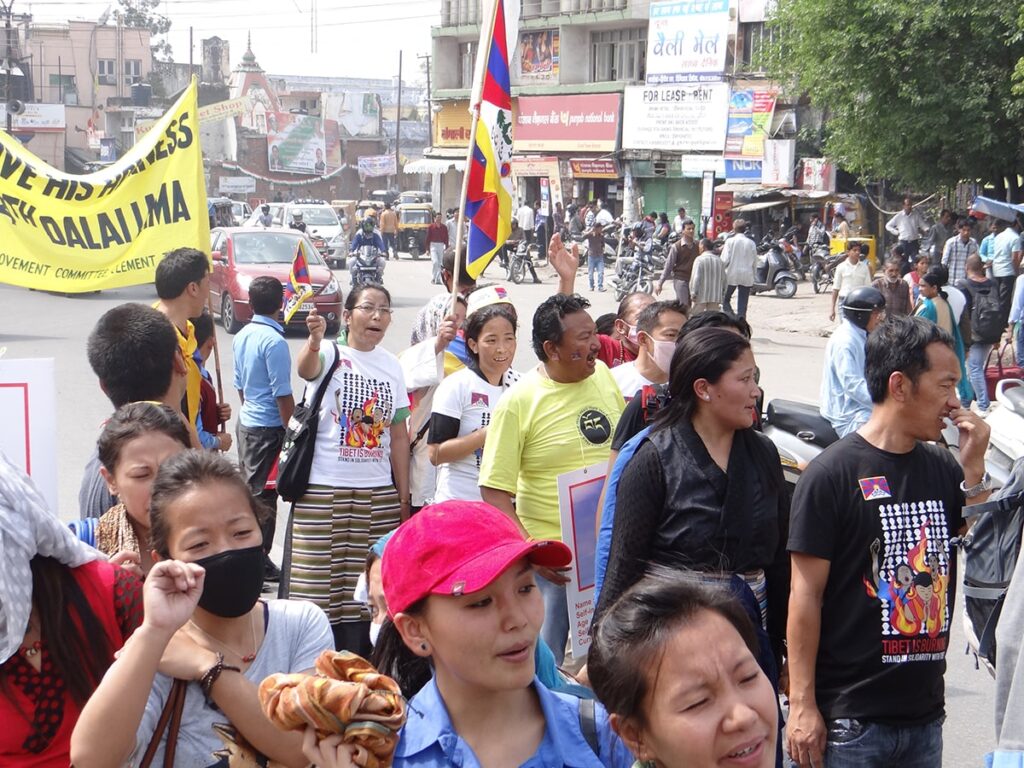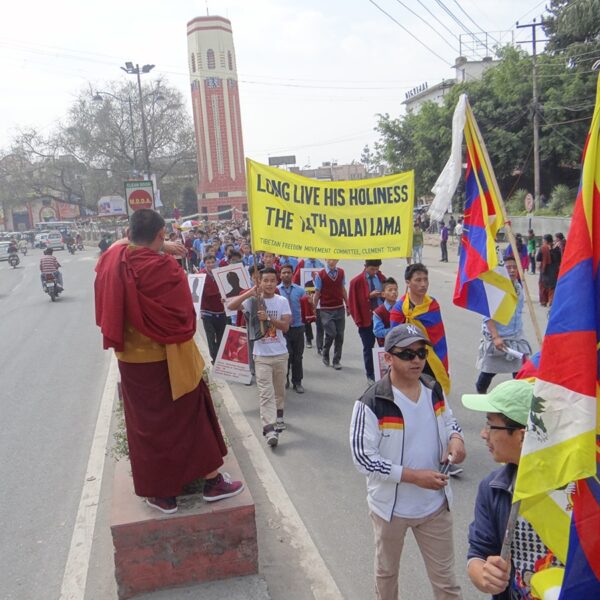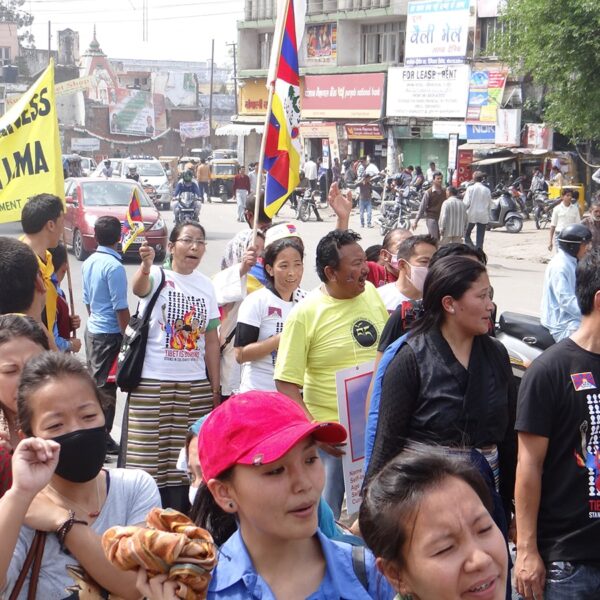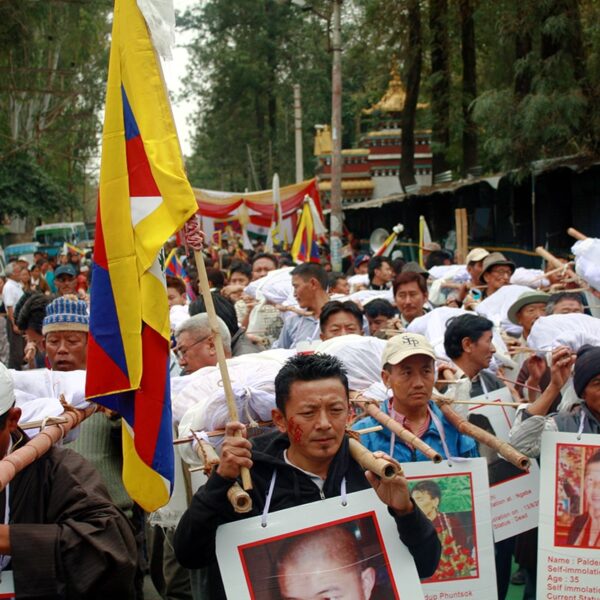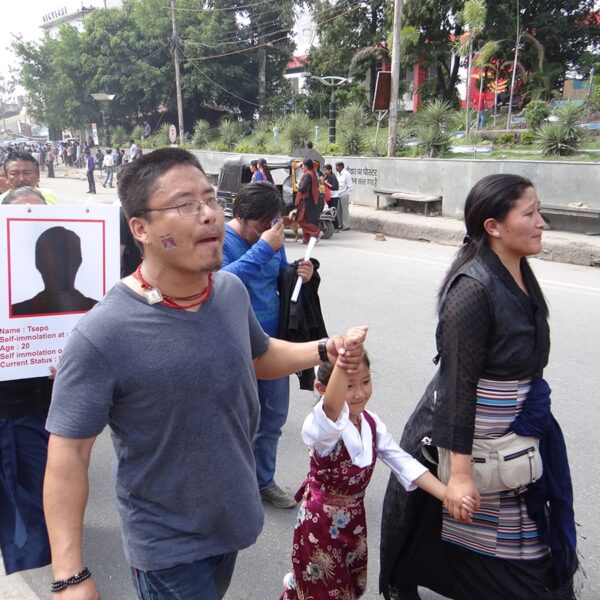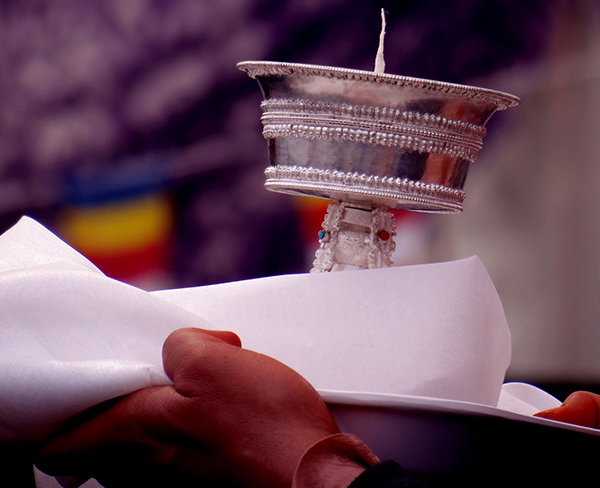Uprising Day Package
Uprising Day Commemoration: Reflecting on the 1959 Tibetan Uprising
Introduction
The Tibetan Uprising Day, observed annually on March 10th, marks a pivotal moment in Tibet’s history, serving as a poignant reminder of the Tibetan people’s struggle for autonomy and cultural preservation. This event, commonly known as the 1959 Tibetan Uprising or 1959 Tibetan Rebellion, encapsulates a tumultuous period in Tibet’s relationship with the Chinese Communist Party.
Origins and Background
In 1951, the Seventeen Point Agreement ostensibly integrated Tibet under Chinese governance, with the Dalai Lama remaining a significant spiritual leader. However, this agreement did not prevent tensions from escalating. By 1956, armed resistance had emerged in the eastern regions of Kham and Amdo, where socialist reforms were more aggressively implemented. Guerrilla warfare spread throughout Tibet, culminating in the 1959 Lhasa uprising.
Tensions in Eastern Tibet
The unrest began in Kham and Amdo due to the enforcement of socialist reforms, sparking armed resistance from Tibetans who viewed these reforms as a threat to their traditional way of life. The People’s Liberation Army (PLA) responded with brutality, escalating tensions. Monastic networks aided guerrilla forces by providing communication and safe havens.
Lhasa Uprising
The 1959 Lhasa uprising, while triggered by rumors of the Dalai Lama’s possible abduction, represented deeper-rooted discontent. Tibetans feared that the PLA’s encroachment would threaten their cultural and religious practices. Protests escalated into a full-scale uprising, eventually leading to the Dalai Lama’s flight into exile.
Aftermath and International Involvement
The uprising’s aftermath witnessed severe repression: monasteries were damaged, thousands of Tibetans were executed or imprisoned, and a wave of struggle sessions ensued. Meanwhile, the United States covertly supported Tibetan resistance through training and arms. The exact casualty figures remain contentious, with differing claims from Tibetan sources, the Chinese government, and independent scholars.
Uprising Day Observance
Every year, on March 10th, Tibetans in exile and sympathizers worldwide commemorate the Uprising Day through demonstrations and Buddhist memorial services. These events serve as a platform to voice grievances against China’s actions and to mourn the suffering endured by Tibetan martyrs. The Dalai Lama issues a statement, reflecting on the significance of the day.
The Impact on Tibetan Exiles
Uprising Day is a profound experience for Tibetan exiles. It is a moment of raw emotion, blending sadness, anger, and frustration. It’s also an opportunity for self-introspection, prompting individuals to ponder their identity, heritage, and the ongoing fight for justice and freedom. The demonstrations and marches reflect the Tibetan community’s unwavering spirit and resilience in the face of adversity.
Uprising Day Package: “Feel the History” (7 days)
Immerse yourself in the heart of the Tibetan Uprising Day commemoration through our specially crafted package. Join the Tibetan community in exile as they pay homage to their history, culture, and the sacrifices made by their predecessors. This 7-day journey will allow you to participate in marches, memorial services, and engaging discussions with Tibetan activists and scholars. Gain a deeper understanding of the significance of this day, experience the collective energy of the Tibetan diaspora, and reflect on the ongoing struggle for justice and freedom.
In Conclusion
The Tibetan Uprising Day stands as a testament to the resilience of the Tibetan people in the face of adversity. This annual commemoration offers a unique opportunity to connect with the Tibetan community, learn about their history, and reflect on the significance of the events that unfolded in 1959. Through this package, you can be a part of this important chapter in Tibetan history, gaining insight into a struggle that continues to shape the Tibetan identity and global consciousness.

